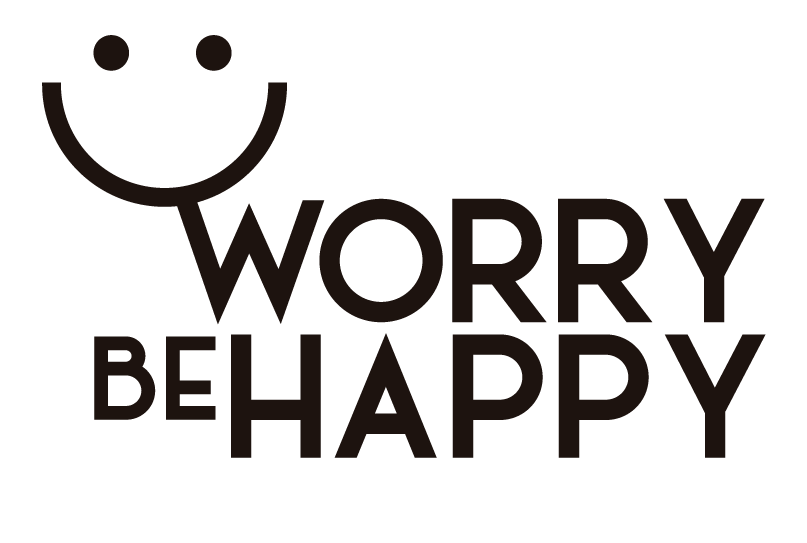IMPORTANT NOTE: there aren't any affiliate marketing links, and I don't receive anything at all from the companies or people I mention in this article.
Since a long time ago, journaling became essential in my life.
It took me years to understand why the hell I could use journaling for, but I have to admit it was life-changing when I did it.
In some other article, I'll write how I understood what journaling could bring to anyone's life because I think it's worth it.
Right now, I will focus just on the tool I'm using to perform at my best.
My journey
In September 2020, I moved all my productivity architecture system to Notion.
But, before that, I had a life, specifically, a paperless life.
I used Day One as my journaling tool for a long time.
It's a piece of software I love because of its excellent graphical user interface and unique features. It's that type of app that tells you "USE ME". You feel like writing and using it as soon as you see it.
The point is, when I moved into Notion, my goal was to centralize everything (at least, as much as I could) in just one tool. Sorry to say this, but Day One died in the process…
Moving from one app to another, a mistake we often make is trying to execute things the same way we did in the former.
That's a big mistake because moving from software to software is not just to "switch screens". The main goal is to perform better.
But we're humans. We fail. And, obviously, I did.
I decided to create a database inside Notion to emulate Day One's process. In a burst of creativity, I named that database "My Journal". These were its fields (properties in Notion):
- Date. To enter the entry's date.
- Type. Dropdown with different values to differentiate the entry: feelings, inspiration, learning, reflection, narrative, unforgettable moments…
- Attachments. To attach any file, such as a photo.
- Knowledge Vault. It's a database I use to classify my knowledge based on knowledge areas. To say it quickly, think about tagging.
There I was. Day One "murdered", and I was ready to go with the "My Journal" database.
No evolution. Period.
My "evolution" process
I've been for a long time thinking of how I could better manage my knowledge.
Our brains are not hierarchical creatures. They're a chaotic world full of connections. That's why, step by step, I've been moving from a hierarchical world (folders, notebooks) to a more flexible and "chaotic" one.
"Chaotic" doesn't mean "mess" or "cluttered". "Chaotic" means you store things differently and recall them in a much more natural way.
I tried Roam, but I'm sorry to say its user interface didn't fit into my way of seeing graphical user interfaces.
When I tried Notion, that was it. The perfect combination between "chaotic" storage and, more or less, a pleasant (not the best, but enough for me) user interface.
Journaling means ideas, thoughts, narratives, reflections, quotes… As I said before: chaos.
Our brains live in anarchy, and it's our duty to let them express the way they do because they're one of the most amazing creations on earth.
Pursuing that goal is how I changed my mind and decide to delete the "My journal" database.
We make that 1 to 1 relation because we have in our minds those classic paper journals. It's 1 thing. It's 1 object.
But our brains don't think like that. They don't think I have to write this down in my journal area.
Our brains are a mess of thoughts, wholly filled with endless combinations among them.
So I tried to emulate that storage, mainly because I was very interested in the retrieval process.
Recalling the info I had stored was the key element to have a useful data system. It's by reusing the data you've consciously stored (because you thought it was important) how you get the best out of it.
So, I forgot about the concept "My journal" and moved into a wider one: "My thoughts".
I decided to use 4 different databases to bring the concept down to earth:
- My Day
- Accomplishments
- Disappointments
- Notes & Ideas
My Day
The good (and fantastic) point of Notion is that you use pages.
Inside a page, you can insert all the fields (properties) that belong to a database and, below them, you have a space that you can use as a "note".
When I say "note", I'm referring to formatted text (using headers, bullets, numbered lists, to-do lists…), attached files, links to other pages… You name it: whatever you want, like, or need.
That's the tremendous power of Notion.
Inside the "My Day" database, I control different data using fields such as checkboxes for each of the habits I want to check, hours of sleeping, the date, the week I'm in, and so forth.
Below those fields is where the classic journal concept begins because I've created different formatted text areas to write about my mood, my today's main goals, to express my gratitude…
Accomplishments and disappointments
These two databases are really useful for me:
- Accomplishments stores all my "wins". They motivate me. They give me illusion. They give me pride. They give me joy. They indicate me I'm moving forward towards my goals.
- Disappointments stores all my "losses". They indicate to me what I have to pay attention to because it's not working. They free my spirit from anxieties, concerns, guilt feelings. It's where I free myself from all the negative sensations.
The point is I have these 2 databases inside the "My Day" database page, so when I'm writing on the "My Day" page, I can access them directly to enter data in them.
Awesome!
Notes & Ideas
Spending time thinking about the type of things I like to create in my journal, I concluded they were just thoughts, ideas, notes.
Why not using my "Notes & Ideas" database to store them?
What's the difference between an idea I got from someone listening to a podcast or another that came directly from me?
If we navigate deep into the concept, there isn't any difference at all.
We're talking about the same: ideas, concepts, things we need to store. Period.
So, inside my "Notes & Ideas" database, I've created the field (property) "Category" to indicate what type of idea I'm talking about.
I have several values here: reflection, quote, something happened, ideas for future businesses, ideas for my today's businesses, inspiration…
Remember that, below the fields' area, I always have that "writer's paradise", a blank space I can use as a note to write or include whatever I need.
Takeaways
As you can see, this "My journal's movement" was kind of life-changing. At least, for me, it was.
I see and observe things differently. I feel my "second brain", the digital one, fits better with my real brain, the physical one.
I feel comfortable when I make a search process because I look for pretty much the same way as I do when I think and look for something in my mind.
The information is “all over the place”, but with an organization that makes the retrieval process a piece of cake.
I do really recommend making this kind of changes into anyone's life:
- They make you evolve.
- They make it possible to better engage with your productivity and digital systems.
- They make you more flexible.
- They make you change the way you see things.
Photo at the top courtesy of Joshua Woroniecki on Unsplash.

